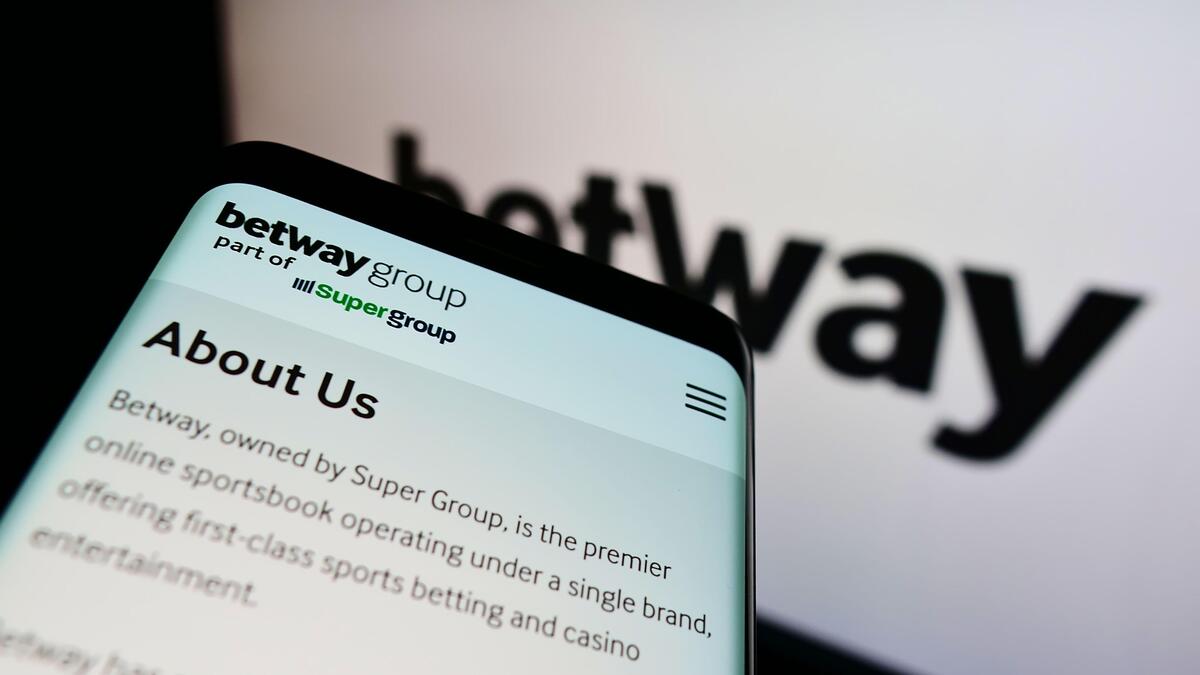The online casino business in the seven licensed and legal states here in the US is not for the faint of heart or the light in the pocketbook. Delaware and Rhode Island both have monopolies and don’t allow for competition, which is clearly tough on business. Connecticut allows the two Indian tribes to each have an online skin, which isn’t much better.
However, in Michigan, New Jersey, Pennsylvania, and, to a lesser extent, West Virginia, competition is no panacea. In New Jersey, almost thirty online operators compete, but just three control more than two-thirds of the revenue. DraftKings, FanDuel, and BetMGM, along with their partner skin, Borgata, routinely account for 65% to 70% of the total online revenue, leaving the next dozen operators fighting over scraps.
While Michigan boasts only 15 licenses, the story isn’t much different there. BetMGM, DraftKings, and FanDuel raked in about $1.7 billion of the $2.4 billion in gross receipts from online gaming in the Wolverine State in 2024, and the top tax rate here is already 28%.
Pennsylvania, if anything, suffers from both an abundance of competition and a tax rate that is one of the highest in the nation. While the twenty-one online casinos already face a fierce fight for each gaming dollar from other online operators, there are also 17 brick-and-mortar casinos sprinkled around the state, however, that vie for gaming dollars.
If that isn’t enough, there are an estimated 70,000 to 90,000 grey market slots/skill games, which can be found in almost every gas station, restaurant, bar, and fraternal lodge in the state. Almost all of which are unlicensed, unregulated, but most importantly, untaxed. And that matters because Pennsylvania has a 54% tax rate for online slot revenue.
That’s a significant number in the best of times, but when you have a legion of untaxed competitors strewn like sand in every nook and cranny of the Keystone State, it makes for an almost untenable position.
And of course, online sportsbooks face almost exactly the same issue. The cost of entry in some states is far beyond what you could ever hope to recoup against apex predators like DraftKings, FanDuel, and BetMGM, who also dominate the online sports betting world. In Ohio, a license alone can cost $2.5 million for the initial fee, with annual renewal fees that can exceed $500,000.
In other states, such as Illinois, Louisiana, Maryland, and New Jersey, legislatures voted to significantly increase tax rates for online sportsbooks, in some cases by nearly 100%. In Ohio, with its already exorbitant licensing fees, Governor DeWine attempted to raise tax rates from 20% to 40% before saner heads prevailed.

All of which adds up to it being a very tough time to make money in the licensed and regulated gaming states, unless you are already a huge, well-positioned operator. And Super Group, owner of Jackpot City and Spin Casino, decided the heat had gotten high enough; it was finally time to get out of the kitchen.
They had formally exited the US sports betting market last year when they pulled their Betway brand from nine states after losing about $60 million in those markets in 2023. And now, after an extensive review, they’ve decided they no longer see the US as the best place to prudently allocate capital for high return.
Company CEO Neil Menashe cited the lack of visibility in the regulatory tax environment as one of the company’s chief concerns, as well as a sense that the company had other investment regions, such as Africa and Canada, where it could see higher returns on investment.
SuperGroup joins a raft of other companies that have recently thrown in the towel on US sportsbook or online casino operations, as tax rates have increased and their market share has decreased, notably WynnBet, Tipico, and Sports Illustrated Sportsbook. Golden Nugget chose to sell its online casino brand to DraftKings rather than continue to try to compete with the online behemoth.
Super Groups’ exit highlights an increasingly striking truth: the online gambling market, both sports betting and online casino, continues to be dominated by deep-pocketed giants who gobble up more market share each year. Smaller operators, facing saturated markets, increasing cost structures (i.e., taxes), and player reinvestment, are facing a crisis of survival.
While many once called online betting in the US the next gold mine, it now seems to be more of a regulatory morass, and when companies face a minefield of surprise tax increases, increased KYC and responsible gaming burdens, and bruising competition, it shouldn’t be surprising that some will seek greener pastures. For now, the US remains a potentially lucrative but unforgiving marketplace.
/fit-in/400x235/1722339739/lambeau-field-stadium.jpg)
Wisconsin Assembly Passes Mobile Sports Betting Bill
1 day ago | Michael Savio/fit-in/400x235/1749885689/nominee-to-take-over-cftc-faces-strong-resistance.jpg)
CFTC Chair Rips States Over Prediction Market Concerns
2 days ago | Michael Savio/fit-in/400x235/1673520860/hawaiian-legislators-legal-sports-betting-oahu.jpg)
Hawaii Sports Betting Bill Advances as Opposition Mounts
4 days ago | Michael Savio
We support responsible gambling. Gambling can be addictive, please play responsibly. If you need help, call 1-800-Gambler, players in Washington to contact 1-800-547-6133.
WSN.com is managed by Gentoo Media. Unless declared otherwise, all of the visible content on this site, such
as texts and images, including the brand name and logo, belongs to Innovation Labs Limited (a Gentoo Media
company) - Company Registration Number C44130, VAT ID: MT18874732, Quad Central, Q4 Level 14, Central Business District,
Triq L-Esportaturi, Birkirkara, CBD 1040, Malta.
Advertising Disclosure: WSN.com contains links to partner websites. When a visitor to our website clicks on
one of these links and makes a purchase at a partner site, World Sports Network is paid a commission.
Copyright © 2026